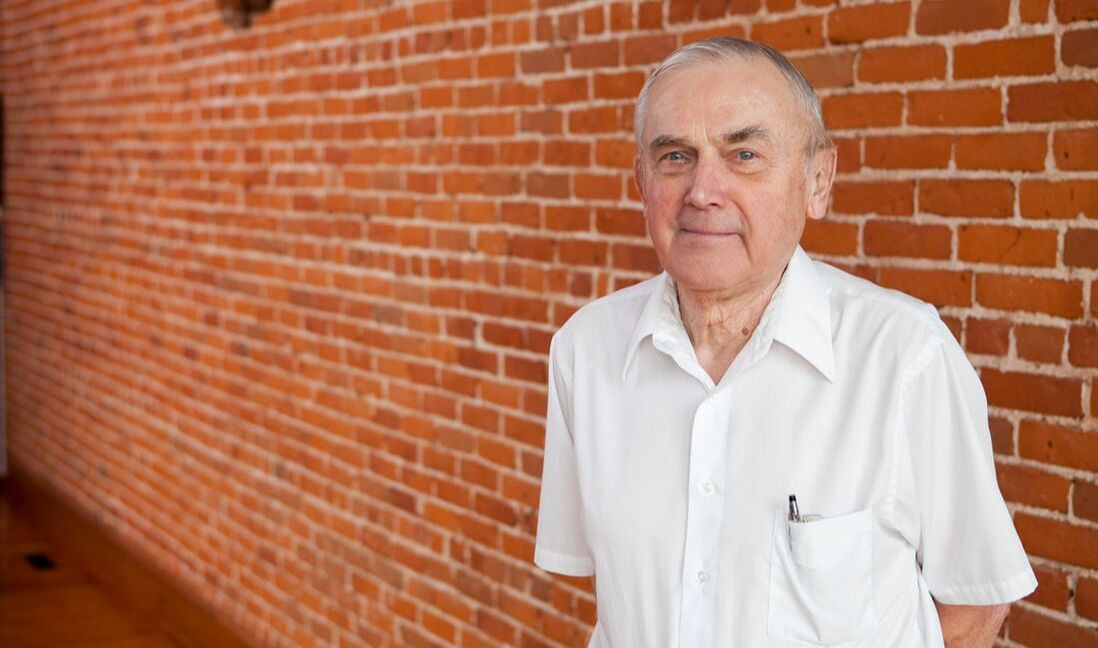Fastenal's Foundation: Revisiting Bob Kierlin's Leadership Rules
December 13, 2022
By Blue Print Editorial Team
By Blue Print Editorial Team
|
As the company he started turns 55, we talk with the man affectionately known to all of Fastenal as “BK.” We revisit a number of his basic leadership rules to see if they still hold up. (Spoiler, they do!) Challenge Rather Than Control. What does it look like when we challenge people the right way? BK: Challenging rather than controlling is only one piece of the broader picture of seeing the potential in all people. Developing that potential in others makes your organization successful. When you challenge people, they will surprise you with what they are capable of doing. When you control, you limit what people can do to what you tell them to do. You will get better-than-expected results by telling people what outcomes you expect, and then challenging them to exceed your outcome expectations by using their unique abilities. See the Unique Humanness in All Persons. Does this mean leaders should work to understand that people won’t – and can’t – fit into molds. Or is there more to it? BK: There is more to it. Each of us is special because we are human beings. But we are of different ages, weights, heights, and abilities although our humanness makes each of us special in the world we live in. So, strength and personality characteristics, along with our abilities, are what make each of us different and unique. Finding and using those unique qualities and abilities in others will make your team efforts more productive. See the uniqueness in everyone and develop the potential of all. Develop Empathy. What does understanding where someone else is coming from do for a leader? How does that help? BK: Empathy isn’t so much an understanding of where someone is coming from as it is an appreciation that we don’t know where someone is coming from. If an employee comes in to work one day and has trouble staying alert, you probably should let that go. The cause may be as simple as a late sporting event the night before. If that person comes in a second day with the same condition, you practice empathy. Before being critical of the person’s lack of alertness, tell the person you are aware of it and ask is there is anything you can do to help. The person may have a family emergency that prevents getting a good night’s sleep. Then you can see if you can help with the real problem, and lead to a solution. Let People Learn. Could this one be reworded to something like, “Let people learn from their failures?” Is that a part of the message here? BK: Learning from your failures is a good concept, but it is only a small part of letting people learn. People have more potential than what we first see in them. Most tests given to measure a person’s skill level do not measure potential, but only what that person knows about the subject matter on the day the person takes the test. With some training in the subject matter, the person will score higher if the test is retaken. The way to bring out potential is to provide people with training, opportunity, and the freedom to make decisions that will benefit from that training and opportunity. Suppress Your Ego. Why is it useful to suppress your ego? When might someone want to try this approach? BK: Always suppress your ego when something turns out successful. You didn’t achieve the success yourself. Even if the success is an event totally driven by your idea, think of the help you had along the way to be able to do what you did ... your teachers and mentors, and the people who gave you the opportunity to do what you just did. Any award is shared with other team members, not just given to the person in charge. When you allow associates to be honored, they will become stronger members of your team. Remember How Little You Know. This applies to everyone, not just leaders. How can this rule help people in their daily lives? BK: Always consider that no matter how smart you are in a subject matter, there is someone out there smarter than you. Find that person and get better educated. So many new ideas come from merging your current knowledge with something new you learn from conversation, reading, or observation. Don’t just read about things you are currently interested in. We live in a big and complex world. Continue to discover how the pieces all fit together. The 10 Basic Rules About Leadership
Vertical Divider
|
Like what you're seeing here? Subscribe to the Blue Print for FREE and get the magazine sent right to your address.
Got feedback? Email us at [email protected] |


